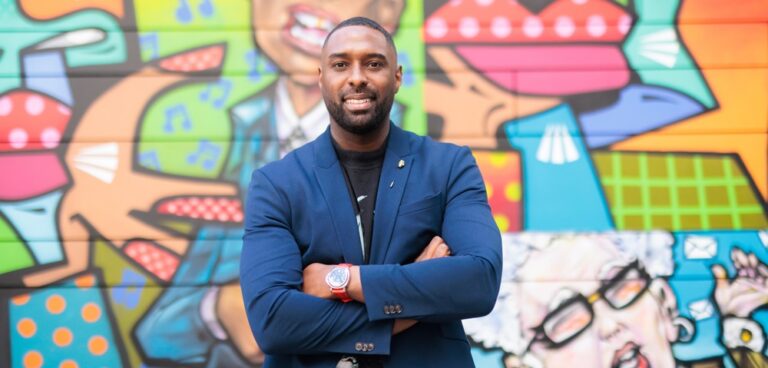Dark social is digital content that is shared privately and is untraceable by web analytics tools. One example of dark social is sending a friend a link from a local news article via Facebook Messenger or Snapchat.
Marketers and brand owners – pay attention. Social media has billions of active monthly users, primarily Millennials and GenZers. This provides endless marketing opportunities for brands looking to start utilising this “dark” social environment.
The term ‘dark social’ was first used in 2012, when Alexis Madrigal wrote for The Atlantic. He explained that “this vast trove of social traffic is invisible to most analytics programs.” In this era of rapidly evolving technology, disregarding insights as revealing as this avenue would be a missed opportunity.
Dark social, which dominates sharing activity, could offer great possibilities for businesses and marketers as we continue this route of social media proliferation and technological progress. What’s the challenge in harnessing the potential of dark socials? Ensuring you’re capturing accurate data that can provide pinpoint insights on where to invest funds.
Make sure you understand what “dark social” entails before putting a strategy in place. We’ve included a few common examples of dark social below:
- In-person recommendations
- Emails
- Direct Messaging (Facebook, Instagram, TikTok etc.)
- Private browsing
With a better understanding of what dark social entails, you can start to focus on the specific areas where you’d like to use it.
Brands and marketers need to understand the significance of dark social media and respond appropriately. According to one report, ‘84% of consumers’ outbound sharing from publishers’ and advertisers’ websites now takes place via private, dark social channels including email, social networks, and instant messaging.’
To connect with their ideal customer base, brands must be active in these areas, as this method of information exchange will only expand over the upcoming years.
Because the most effective area of influence for consumer purchases happens right at the source – people – you may affect how buying and purchasing decisions are made by working in these spaces. The danger is you can easily view the data incorrectly due to dark social media.
Let’s consider an example where your ideal client notices your goods or service because of social media posts from their network. They would then go to your website to learn more and perhaps register for your service. Since the customer explicitly typed in the URL for your business, the statistics for that choice would indicate that it was “direct traffic.”
While accurate, it vastly understates how social influence affects the customer’s choice. While attribution tools can tell you if a choice came from a paid or organic search, they cannot tell you whether dark social sharing is having an impact and where it is best to direct your time and money.
The first step in measuring your dark social traffic is to determine what proportion of it is not traceable. To appropriately target clients, you can use websites like Google Analytics to gather this data, after which you can start to look more closely at your campaigns and content.
You should pay close attention to how your customers are sharing. Invest in the appropriate tools to help you understand the clicks on your links and how to optimise them for your campaign and content. Looking at this data, you should be aware that using social media channels to “prove outcomes” can be challenging and will only become more complex.
Utilise “How did you hear about us” forms relevant to the region where you require more information. This tool will demonstrate the relationship between what your attribution software claims to be organic and the true source of the customer’s journey.
This kind of marketing is crucial for accomplishing growth properly. You won’t regret putting in the effort to comprehend dark social and the real benefits that utilising this market can provide for your company.
Author: Mark Joseph, founder of Vouch Global.
After a successful 15-year career within other media agencies, including Steak and PHD, working with some of the world’s largest brands, startups and SME’s, Mark launched Vouch Global in 2018. A creative performance agency dedicated to helping clients gain real influence through insight and strategy-driven content creation.


